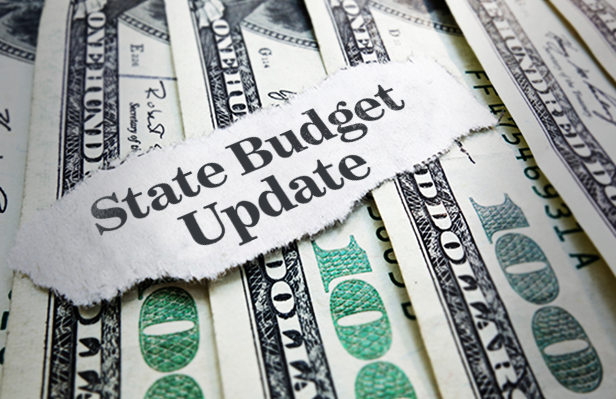Media

A Christmas Spending Spree is in the Works
In an unexpected move, the House voted to revive the Senate’s $30.8 billion budget yesterday, which many thought was dead after a pension reform bill went down in defeat last weekend.
The vote is already proving controversial, with lawmakers accusing their colleagues of “ghost voting” in order to advance the legislation. A final vote on the bill is expected today. If it passes, it will be sent to the governor.
The bill includes significant spending increases in education and human services, along with $85 million for programs known for funding WAMs or “Walking Around Money.” In total, the budget represents a nearly $1.75 billion increase in government spending.
How do lawmakers plan to fund this growth in government spending? By raising your taxes in some form or another. However, neither legislative chamber has yet to vote on a tax package to pay for the $30.8 billion budget. It is widely seen as the heaviest lift of all the budget-related bills.
As we pointed out last week, potential tax increase proposals include raising the sales tax, eliminating sales tax exemptions, raising the income tax, hiking tobacco taxes, bank taxes, and insurance taxes, along with the imposition of new fees on businesses and limiting the business “vendor discount.”
The final tax package could reach $2.3 billion over two years, according Charles Thompson of PennLive. The increase would add to Pennsylvania’s excessive tax burden—the 10th highest in the country—and only worsen the state’s already poor business climate.
Sadly, this is not the first debate over a Christmastime tax increase. In 2003, Gov. Ed Rendell was able to convince a Republican-controlled legislature to raise the Personal Income Tax. Lawmakers still have an opportunity to avoid making the same mistake.
Ramming through an enormous spending bill two days before Christmas is neither good policy nor good politics.